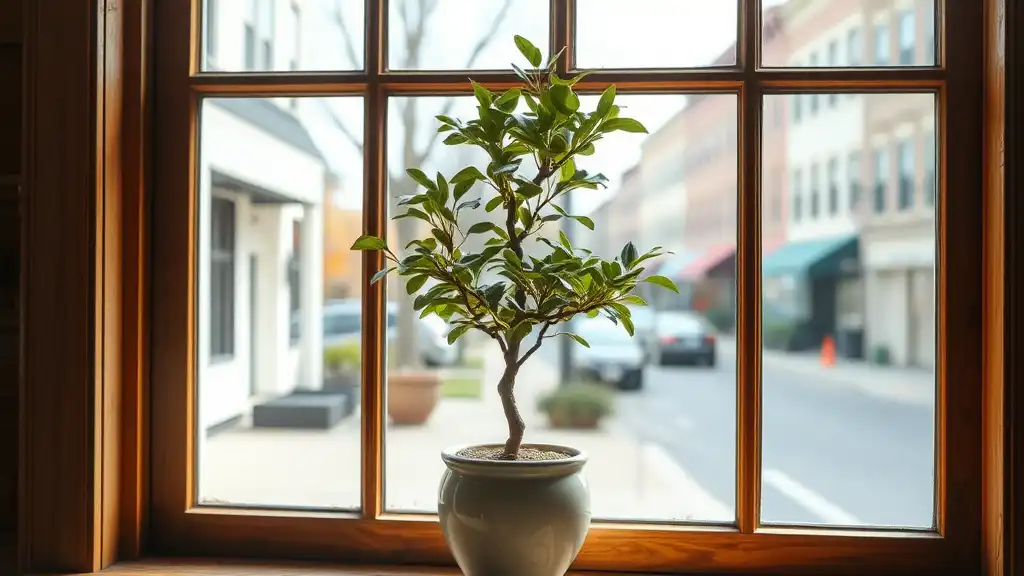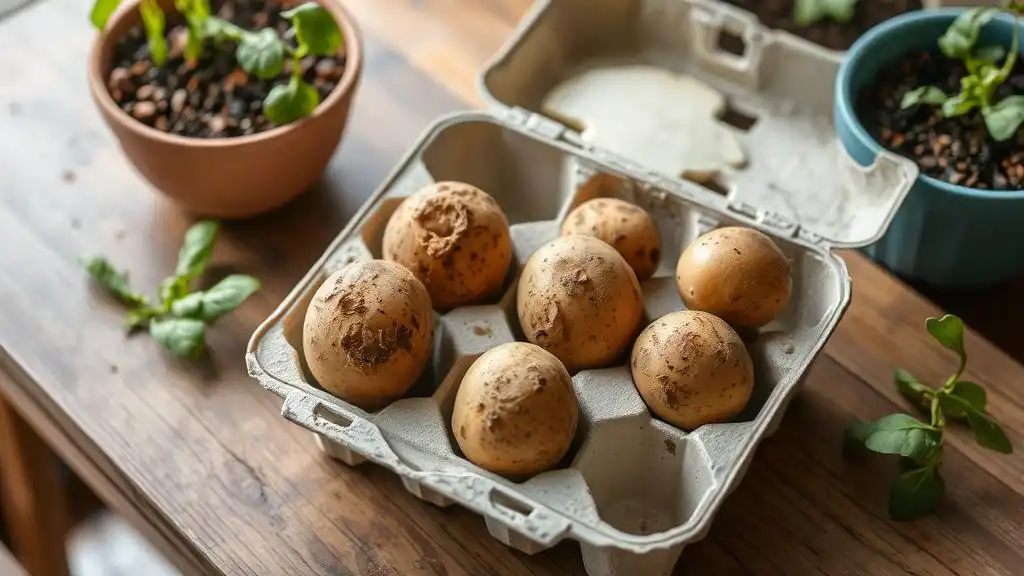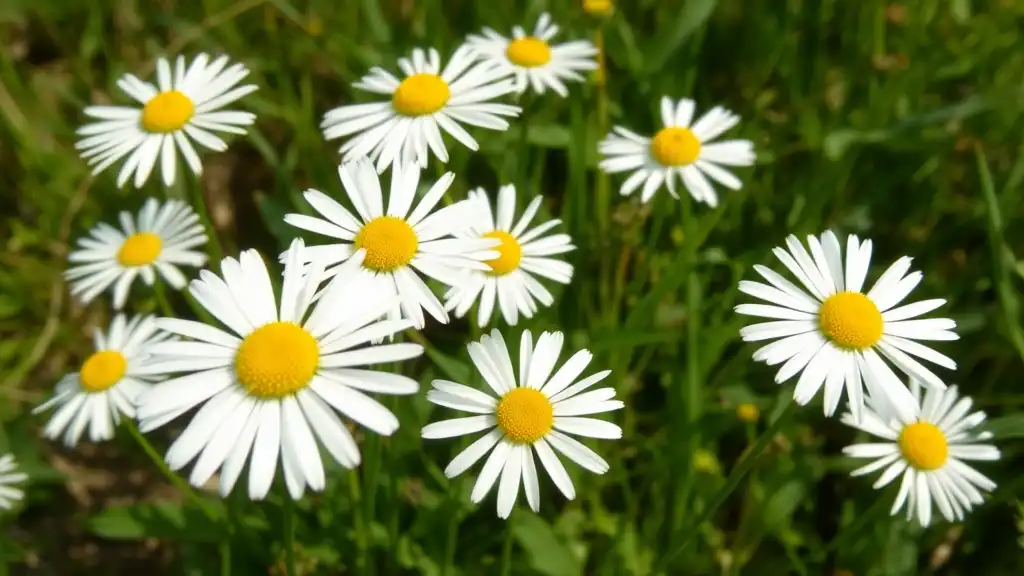Tips Explained: Is Paprika Good for Gardening?
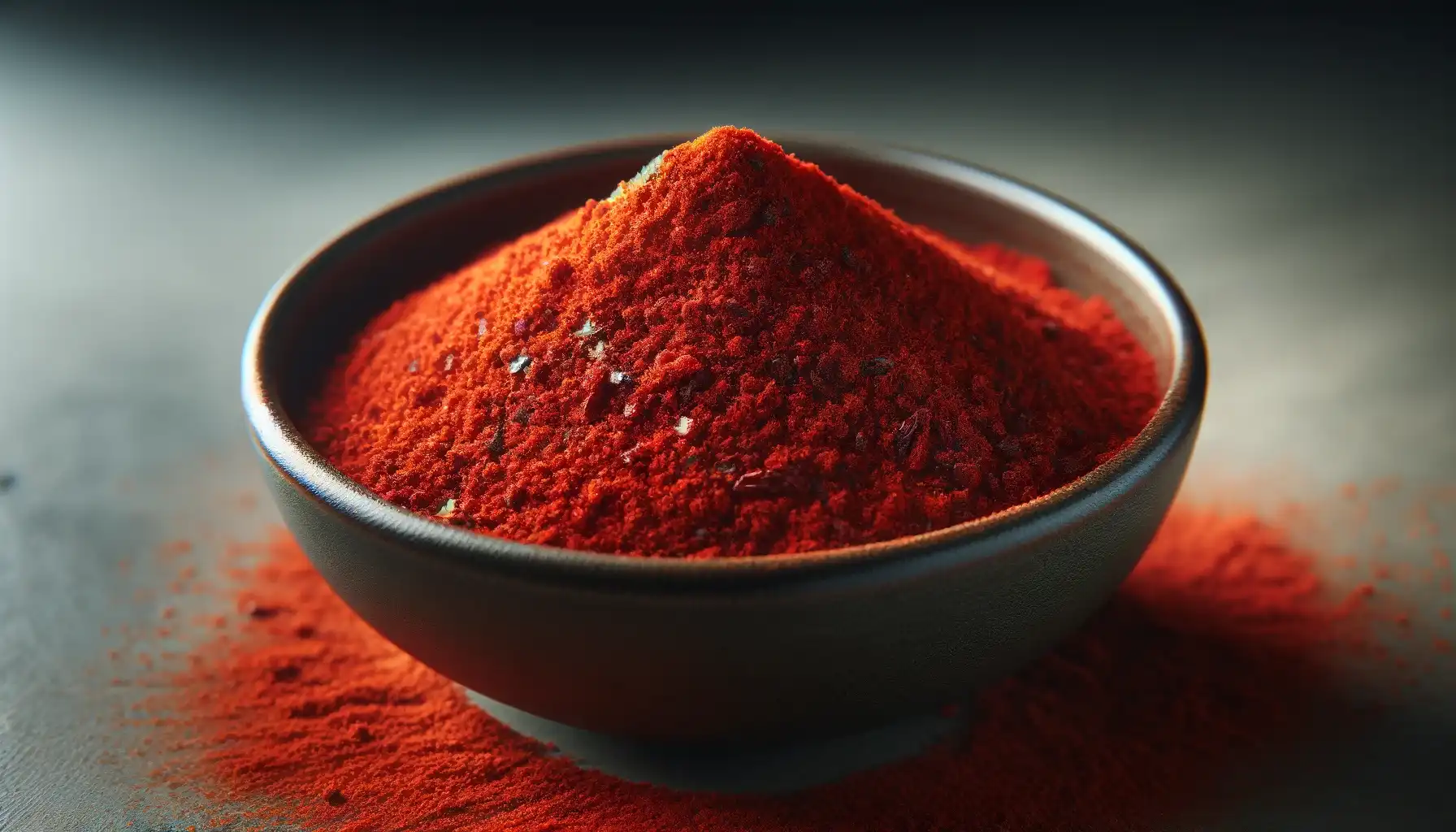
The use of natural supplements, i.e., herbs and spices, is a long-run trend in agriculture. Such plant derivatives like paprika have various applications in cosmetics, medicine, and food production, but gardening remains the most controversial sphere among others.
Contents:
The use of natural supplements, i.e., herbs and spices, is a long-run trend in agriculture. Such plant derivatives like paprika have various applications in cosmetics, medicine, and food production, but gardening remains the most controversial sphere among others.
While most people question the efficiency of employing organics instead of specifically produced fertilizers, others still opt for natural resources, and paprika is one of the most popular ones. In this material, let us explore whether paprika does help plants grow, learn what are the main pros and cons of using paprika in the yard, and find out what can make the garden healthier instead.

What Plant Does Paprika Come From?
When we think of paprika, most people imagine vibrant red powder utilized in traditional and unconventional cuisines all over the world. Where does paprika come from? Plant derivation and spice production cover various types of paprika, including sweet, hot, and smoked ones, each being made from different pepper species.
Essentially, paprika is made from the pods of Capsicum annuum, namely bell peppers or chili peppers. The choice of pepper defines how sweet and hot paprika is to be. During the harvest season, each pepper is carefully plucked from the vine at the peak of ripeness so as to ensure maximum flavor and color intensity. In order to prepare paprika, one should dry and then ground the pods for the plant to completely transform into delicious spice.
General Use of Paprika
Originally, paprika was used in culinary creations as a spice that enhanced the overall flavor of a dish. Besides, packed with essential vitamins and antioxidants, e.g., vitamin C and carotenoids, paprika offers a nutritional boost, which includes lowering cholesterol levels, bolstering the immune system, combating bacteria, and aiding in disease prevention.
But beyond the traditional use, some people unlock the potential of paprika in terms of cosmetics. At first, it was employed as a natural colorant for soaps and other cosmetic substances. What is more, paprika bears protective and anti-inflammatory properties, which may make your skin glow.
Nevertheless, many gardeners cannot pass by such an ingredient and eagerly integrate it into their gardening routines. But what does paprika do for plants and why is it so popular among plant enthusiasts?
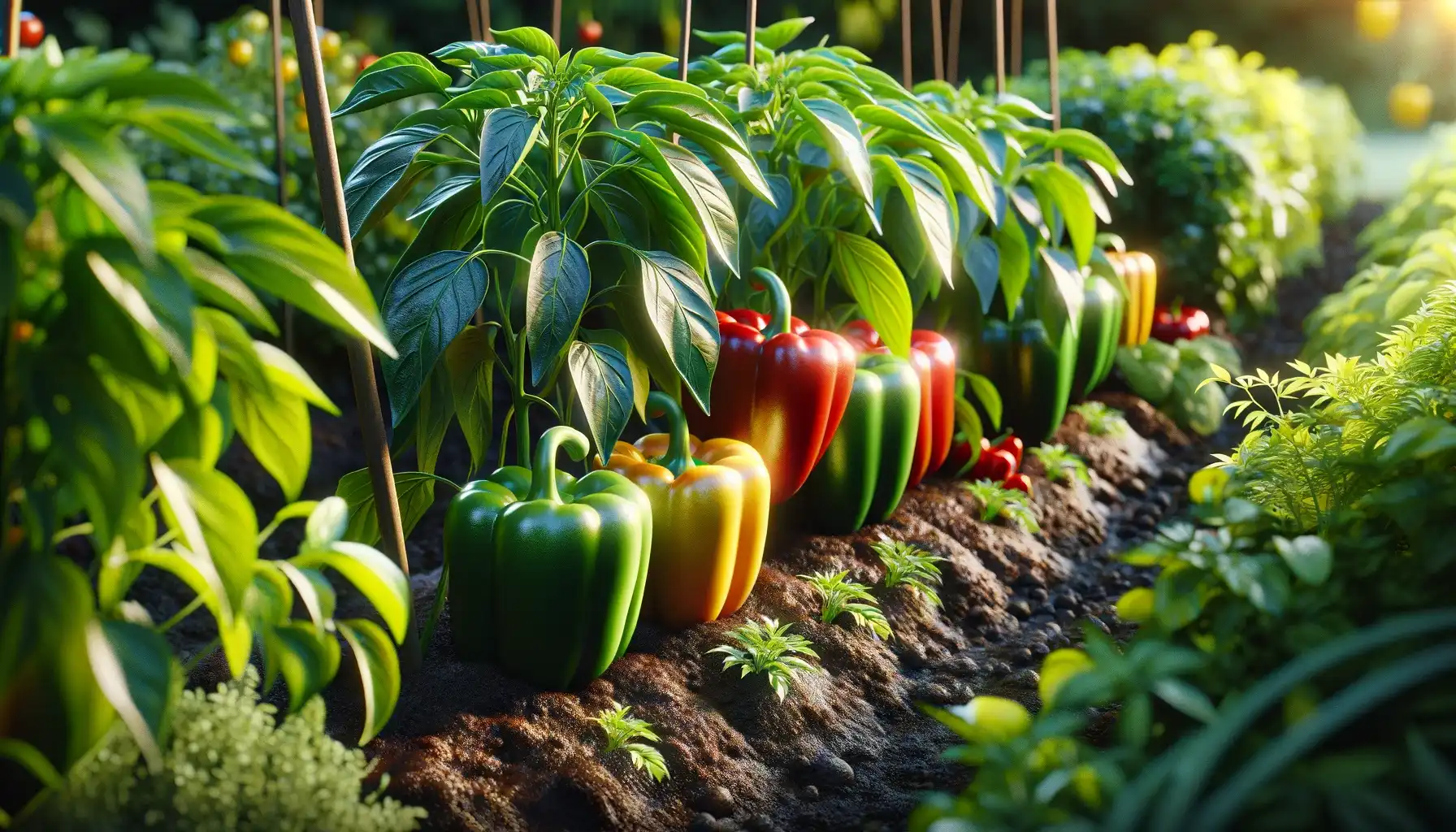
Paprika as a Natural Pest Deterrent and Fertilizer
Some experienced gardeners claim that paprika can be efficiently used as a pesticide and fertilizer as well. Although essential minerals (potassium, magnesium, etc.) and capsaicin, the fiery compound responsible for the spiciness of paprika, may actually create a barrier, repel pests, and somehow nourish the soil, this can also hide some predictable pitfalls.
The main advantages: Capsaicin’s pest-repelling properties are well-known. The capsaicin-based solutions can deter a wide range of common garden pests, e.g., aphids, caterpillars, and beetles. Thus, capsaicin effectively reduces crop damage and minimizes the need for chemical insecticides. Besides, when added to compost or incorporated directly into the soil, paprika decomposes over time, releasing organic compounds that improve soil structure and fertility.
The main disadvantages: Paprika cannot be solely used as a supplement for the plants to stay healthy, for it does not provide a sufficient volume of nutrients but changes the soil pH, acidity, and moisture level. The particles of the powder may easily clog the capillaries and, hence, lead to dehydration and nutrient imbalance. Additionally, the concentration of capsaicin may not always be controlled to avoid adverse effects on plants, such as leaf burning or nutrient depletion.
What Really Makes Your Garden Healthy – AI Plant Finder
Controversial tips and recommendations may be harmful to plants and occasionally lead to disastrous outcomes. This is why opting for the scientifically proven options is the only possible way to keep your garden thriving all the time. But where to seek guidance and whom to trust?
AI Plant Finder is a platform where one can access botany knowledge, expert opinions, and experiences of other plant lovers, too. It offers a variety of features designed specifically for enthusiasts who need urgent support on their gardening path.
What Can AI Plant Finder Offer?
Those who do not want to miss essential procedures like watering sessions, pruning, and fertilizing are given an opportunity to set up Care Reminders and receive alerts as soon as it is time to start. Others who are eager to know everything about their plants may rely on the AI Plant Finder’s database of more than 400,000 plant species to get the most relevant information about each member of their greenery.

Keep AI Plant Finder on your smartphone to identify plants and detect plant diseases via photos. To do so, open the app and tap on the “Camera” button on the tab bar. Follow the prompts that appear on the screen to get the most accurate results possible and enjoy the process. The app will provide a detailed description of the plant, including what it needs to grow successfully, whom it might be dangerous to use, and more.
Besides, if you choose to diagnose the plant, the system is to offer possible solutions and treatment plans that should save your leafy friend and keep it thriving in the next seasons.
The use of paprika as a fertilizer and a pest deterrent is a controversial idea that may be both beneficial and harmful for the plants and the environment as a whole. Nevertheless, it is important to be a responsible gardener who checks all the possible solutions before opting for what is now popular. Protect your garden, utilize AI Plant Finder, and explore the world of flora with a verified assistant in your hands.
Share:
Read More
Identify Any Plant, Diagnose Every Disease
Download Our App Now!
